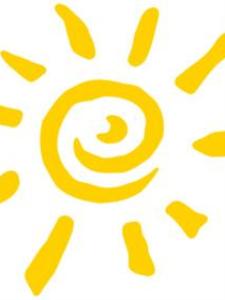





I have made a career out of educating people of all ages, from elementary to adult learners. I get so much enjoyment out of the "ah-hah" moments and the look of the initial understanding ...
For the past 18 years, I have worked at a private special education school. I was with them from the start and so over the past few decades I have quite literally taught or tutored most academic and test prep. subjects. As a tutor, I take pride in doing whatever it takes to make certain that my...
Michael hasn’t set a schedule.
Excellent
Mike is professional, approachable, and he uses humor to demystify the subject matter. We are so grateful to have found him.
Philip, 23 lessons with Michael
Awesome!
Michael B is a pleasure to deal with. Our son enjoys his sessions, appears more confident and is eager to continue working with Michael! We could not be happier! Michael is teaching our son some useful techniques and strategies to apply that make him more sure of himself. Thank You!
Ellen, 8 lessons with Michael
Continues to impress!!!
I cannot say enough good things about Michael and his level of professionalism! We started out needing his services for a pre-calc class and after assisting my son in achieving great results, decided to utilize Michael's skills in preparing our son to take the SAT. Michael has been amazing in this process. Our son has aggressive goals in terms of the score he would like to achieve and Michael did an initial evaluation, figured where he was and then clearly laid out a road map on how to get there and the work involved to make it happen. Michael's ability to inspire our son is only matched by the finesse demonstrated in offering the right kind of encouragement and the right kind of "holding his feet to the fire" and continuing to develop strategies he knows works well, relevant to our son's learning style. Michael is just simply outstanding!
Victoria, 17 lessons with Michael
down to business
This was our first experience with any kind of tutoring and Mike came in and got right down to work with our daughter. We had no idea what to expect, but what we got was better than we could have imagined! He came up with a plan, discussed it with our daughter and moved forward. We are looking forward to a better semester!
Lisa, 9 lessons with Michael
Great Tutor
Mike is a great tutor. My son is a junior in high school. He's needed assistance in Algebra II. Mike puts the algebra material into a context that he understands. He's very patient. I'd highly recommend him for Algebra as well as preparation for SATs.
Donna, 50 lessons with Michael